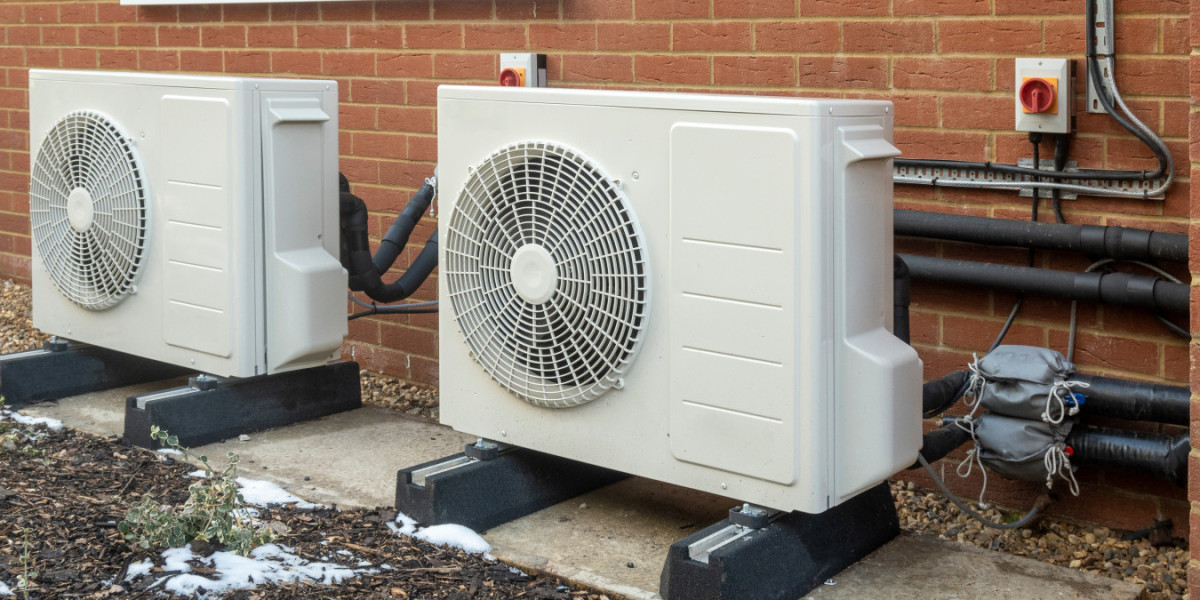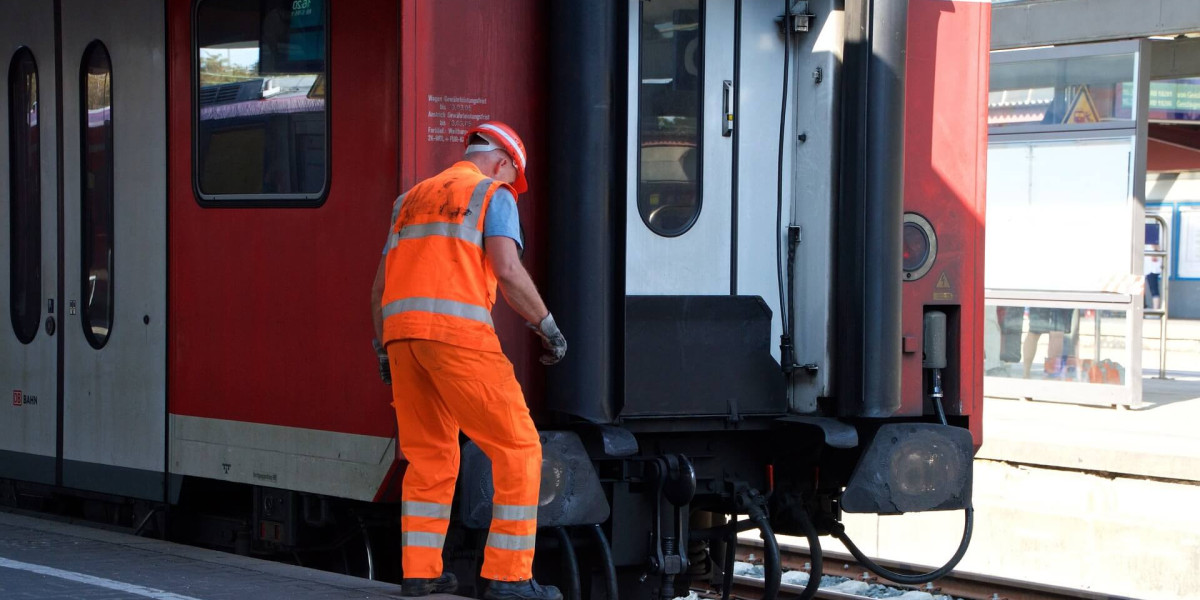Your heat pump is like the quiet workhorse of your home’s climate control system—heating in the winter, cooling in the summer. When it's working well, it’s easy to forget it's even there. But like any hardworking appliance, it needs a little love and attention to stay in top form. If your heat pump starts working overtime without proper servicing, it could lead to higher bills, less comfort, and ultimately, a full breakdown. Nobody wants that, especially during extreme weather.
So, how can you tell if your heat pump is being pushed too hard—and what should you do about it?
Let’s break down the telltale signs, the reasons behind them, and why you should act before your system decides to take an untimely break.
1. Your Energy Bills Are Creeping Up
If your energy bills have taken a sudden hike and you haven’t been cranking the heat or AC more than usual, your heat pump could be struggling. When it’s not running efficiently, it has to work longer and harder to maintain your desired temperature.
A properly functioning heat pump should operate with high energy efficiency. In fact, according to the U.S. Department of Energy, heat pumps can reduce electricity use for heating by approximately 50% compared to electric resistance heating such as furnaces and baseboard heaters
(source).
But that efficiency only lasts if it’s well maintained. Dirty coils, clogged filters, or low refrigerant can force the unit to run continuously just to keep up.
2. It’s Running Nonstop
Have you noticed your heat pump hardly ever shuts off? It may feel like it’s constantly humming in the background. While it’s normal for a heat pump to run longer in extreme weather, it shouldn’t be running all the time. Continuous operation can wear out components faster and drive up your energy costs.
What’s behind the nonstop action? It could be:
- A dirty air filter restricting airflow
- Malfunctioning thermostat
- Poor insulation in your home
- Low refrigerant levels
- A problem with the defrost cycle
If your system is running 24/7, it’s time for a technician to take a closer look. The longer you ignore it, the harder your system works—and the closer it gets to a breakdown.
3. Unusual Noises or Smells
All HVAC systems make some noise, but loud banging, rattling, grinding, or squealing is not normal. These could be signs of loose parts, motor issues, or even a compressor problem. Likewise, odd smells—burning, musty, or moldy odors—should never be ignored.
Here’s what different noises might indicate:
- Grinding or screeching – Motor bearings or a damaged belt
- Banging or rattling – Loose parts or debris inside the unit
- Buzzing – Electrical issue or failing capacitor
And for smells:
- Musty or moldy odor – Possibly mold in the ducts or coils
- Burning smell – Overheating motor or electrical issue
These are not just annoying—they're warning signs. Catching them early can prevent bigger (and more expensive) issues.
4. Poor Heating or Cooling Performance
Are you cranking the thermostat but still sweating or shivering? If your heat pump isn't delivering warm air in winter or cool air in summer, there’s a clear problem.
Performance issues can stem from:
- Dirty or clogged filters
- Leaky ductwork
- Refrigerant leaks
- Malfunctioning reversing valve (which switches the unit from heating to cooling and vice versa)
If your unit is blowing lukewarm air when you expect it to cool—or not heating effectively during a cold snap—it’s definitely time for a service.
5. Ice Buildup on the Outdoor Unit
A little frost during winter operation isn’t unusual. Heat pumps have defrost cycles to handle that. But if you’re seeing thick ice buildup or snow that doesn’t melt off the coils, it could be a sign of a faulty defrost control or low refrigerant.
Ice buildup can block airflow and force the system to work harder, leading to overheating or permanent damage. Similarly, during summer, if you notice the indoor coil freezing, it might point to restricted airflow or refrigerant issues.
Bottom line: Ice is a red flag. It’s time to call a technician before things get worse.
6. Short Cycling
Short cycling means your heat pump is turning on and off too frequently—usually before completing a full heating or cooling cycle. This pattern is not just inefficient; it’s hard on the components, especially the compressor.
Causes of short cycling include:
- Oversized heat pump for the space
- Thermostat issues
- Clogged filters
- Low refrigerant
Short cycling reduces efficiency, increases wear and tear, and can lead to system failure. It’s a common sign your heat pump is working too hard and not achieving much.
7. Reduced Airflow
Put your hand in front of a vent. If the airflow feels weak, there may be a problem.
Restricted airflow can be caused by:
- Dirty or clogged air filters
- Blocked ducts
- Malfunctioning blower motor
- Dirty coils
This puts strain on your system because it has to run longer to heat or cool your home. It also decreases air quality, which can be a concern, especially if anyone in the house has allergies or asthma.
8. Thermostat Inconsistencies
Do you find yourself constantly adjusting the thermostat, trying to get the room comfortable? If different rooms feel like different climates, your heat pump might not be distributing air properly.
Sometimes the issue isn’t the heat pump itself, but the thermostat. Faulty sensors, wiring issues, or simply outdated models can all cause inconsistencies that push your heat pump to work overtime.
Smart thermostats can help—but not if the root issue is with your heat pump.
9. Your Heat Pump Is Older Than 10 Years
Heat pumps typically last about 10–15 years with proper maintenance. If yours is over a decade old and showing signs of wear, it might not be worth pushing it much further without a serious checkup—or even considering a replacement.
Older units are less efficient and more prone to breakdowns. According to the U.S. Environmental Protection Agency, upgrading to a high-efficiency ENERGY STAR® certified heat pump can save a household up to $500 annually in energy bills.
A proactive tune-up might help stretch out your current unit’s life—but only if it hasn’t already run itself into the ground.
So, When Should You Call for Service?
A good rule of thumb: if your heat pump is behaving differently than usual, making strange noises, or driving up your bills, don’t wait for it to quit completely.
Scheduling regular maintenance—ideally once a year, or twice if your climate is particularly demanding—can help catch issues early. Here’s what a professional tune-up usually includes:
- Cleaning coils and filters
- Checking refrigerant levels and inspecting for leaks
- Testing thermostat and controls
- Inspecting electrical connections
- Lubricating motors and checking belts
- Verifying airflow and ductwork
Prevention Is Cheaper Than Repair
It’s easy to forget about your heat pump when it’s doing its job. But a little preventive care can save you thousands of dollars in emergency repairs or even full replacements. Most importantly, it keeps your home comfortable year-round without unnecessary stress on your system—or your wallet.
In short, don’t wait for a total breakdown to give your heat pump the attention it needs. If it's showing any of the signs above, it's time to schedule a service.
Final Tip: Keep a Maintenance Log
It’s super helpful to track when you last had your system serviced, replaced a filter, or noticed an issue. Keeping a simple maintenance log can make future troubleshooting much easier—for you and your technician.
TL;DR: Quick Recap of Signs
- High energy bills with no clear cause
- Heat pump runs constantly
- Unusual noises or smells
- Weak airflow or poor heating/cooling
- Ice buildup on coils
- Short cycling (frequent on/off cycles)
- Thermostat issues
- Older than 10 years
If you’re nodding along to more than one of these signs, it’s time to book a professional inspection. Your future self (and your wallet) will thank you.








